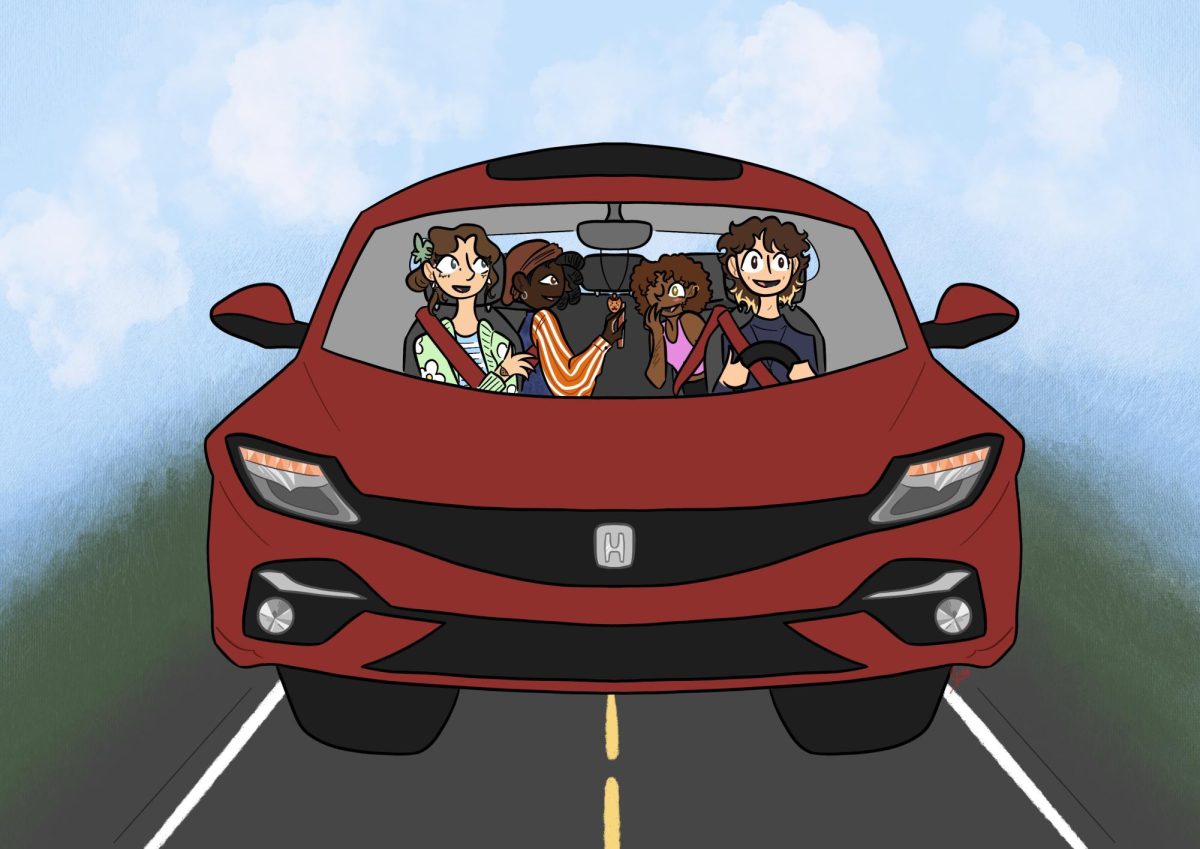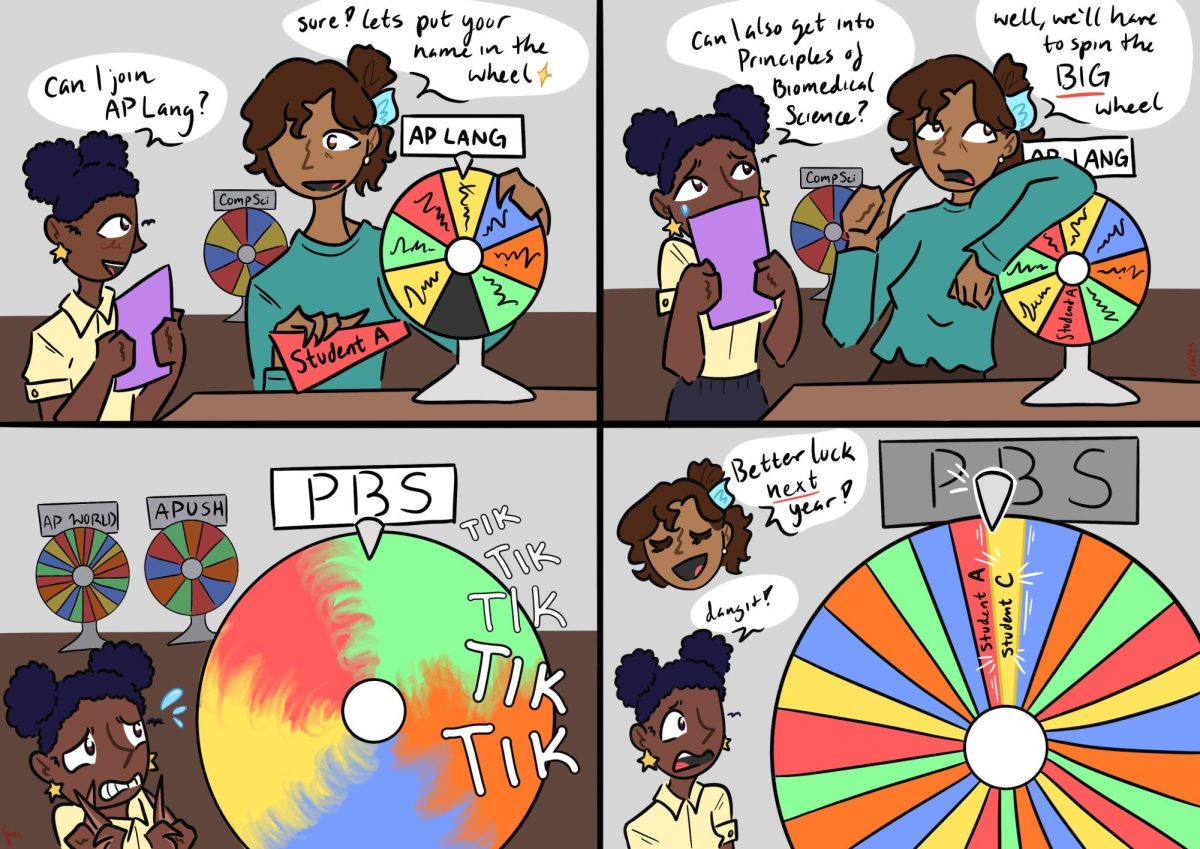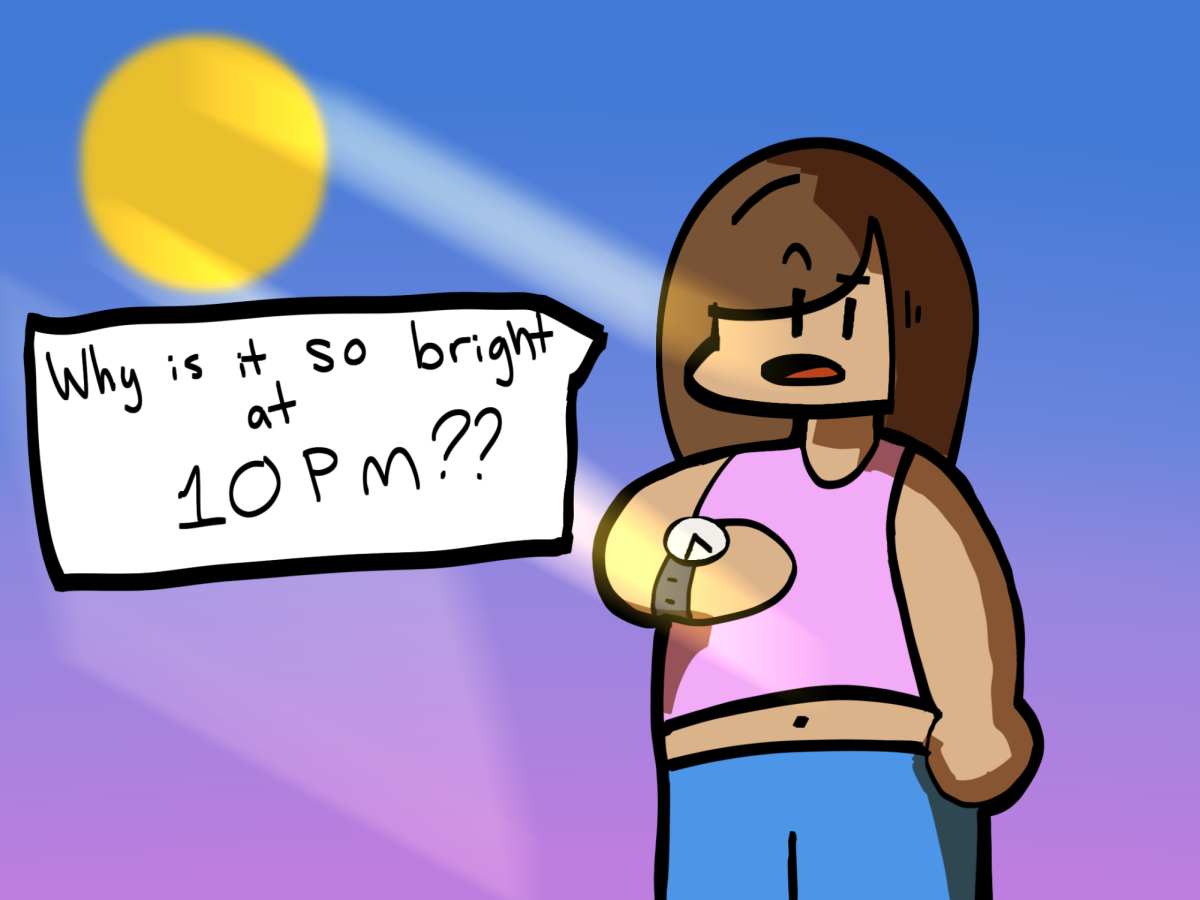Many teenagers impatiently wait for the day they obtain a driver’s license and gain the freedom to go places without depending on their parents.
But in the United States, when teenage drivers pass their driving test, they obtain a provisional license for their first year. Provisional licenses in California require teens to be accompanied by a licensed adult of at least 25 years when driving passengers under the age of 20, according to the state DMV.
This rule unnecessarily restricts teenage drivers and should be listed.
Developing responsible driving habits requires experience. While driving under parental supervision may be safer, it is not representative of real-life conditions. To instill a lasting sense of responsibility and independence, teens need to gain exposure to real-world driving scenarios, especially in the absence of supervision.
In addition, a blanket restriction unfairly impacts safe teen drivers without appropriately punishing reckless ones.
Critics may argue that removing this restriction poses safety risks. The stereotype is that teenagers are reckless drivers, and for good reason. Teen drivers have a fatal crash rate almost three times as high as drivers 20 years or older, according to the Centers for Disease Control and Prevention.
The National Library of Medicine supports this finding, stating that risky driving in teenagers increases 109 percent when in the presence of irresponsible peers. But it also states that risky driving is reduced by 18 percent when teen drivers are in the presence of responsible teen passengers.
As such, restrictions should focus on limiting driver and passenger irresponsibility, rather than preventing teens from driving others on the roads.
One step in this direction is to require teen drivers to be accompanied by a licensed 18-year-old instead of a 25-year-old passenger. Considering many seniors are 18, teen drivers would still be able to drive their friends while being in the presence of a legal adult.
More severe repercussions should also be enforced in case of incidents on the road. Then, teens would be less inclined to drive recklessly and would be more aware of the consequences of their actions.
Currently, if teens with provisional licenses are involved in auto accidents, they receive a six month suspension and one year probation. But if the consequences entailed, say, revoking their license for at least a year, that sends a much stronger message: drive responsibly or don’t drive at all.
Obtaining a driver’s license is often a teen’s first step into adulthood. Teens should be given the freedom of an adult driver but face appropriate punishments to get a real taste of their next stage in life.
Teen driving restrictions are impractical
Nidhi Sudheendra, Opinions Editor
March 28, 2024
Teens with a provisional license often drive their friends, despite restrictions stating they cannot without proper supervision.
More to Discover
About the Contributors

Nidhi Sudheendra, Opinions Editor
Senior Nidhi Sudheendra first joined The Californian in her junior year. She originally wanted to be part of the social media team, but after writing one article for the opinions section, she realized she liked being able to do what she does best: argue. Since then, she has gone on to become the Opinions editor. In her free time, she likes to read, go on runs, and hang out with friends. She looks forward to fawning over the best editor-in-chief ever, Ylin Zhu

Gina Germano, Graphics Editor
Senior Gina Germano is the Graphic Editor for the Californian. When she’s at home, she will be seen listening to her Gorillaz playlist, drawing her OC’s, crocheting doilies and binging the same 3 YouTube documentaries about FNAF. She loves drawing people and hopes to broaden her skills with illustration and showing off her work online. She hopes to be a great graphics editor and would like to showcase all artists’ work in this year’s newspaper! As well as having a good senior year and surviving Government and Econ.



